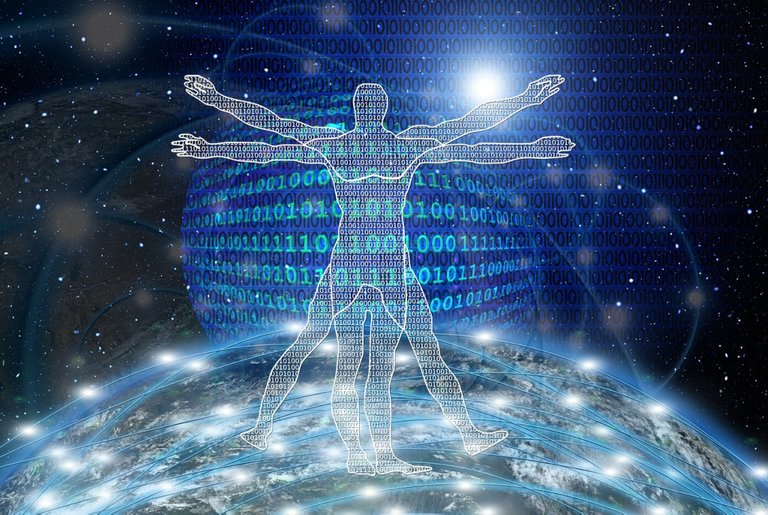
A blockchain is a continually growing list of records which is stored and secured using cryptography on a decentralized ledger. It has given birth to many innovative projects such as bitcoin, a virtual currency and Ethereum, which is a platform on which developers can build Decentralized Applications (DApps), smart contracts and Decentralized Autonomous Organizations (DAOs). It will reshape our future and the way we use the internet.
TRUST AND TRANSPARENCY
Basically, a blockchain eliminates the need for a third party in any transaction, which gives the buyer and seller a direct contact, through a decentralized database.
Transactions made on the blockchain are only approved if every node on the network has verified it. When it gets authenticated, the transaction (block) is stored onto a transparent open-source decentralized ledger (chain) and the currency goes from the sender’s wallet to the receiver’s wallet.
ONLINE COMMERCE
The Blockchain technology has the potential to change the way we do e-commerce. By eliminating the need for third parties such as Paypal, the transaction fees for online payments will be non existent.
Developers are also creating their own commerce platforms for goods and services. Canya for example, a relatively new cryptocurrency, has a platform that is similar to Uber, but where you are able to hire almost any professional (plumber, lawyer, electrician, accountant, driver, personal chef, etc.) that you need.
The blockchain also makes it possible to verify authenticity and keep track of every verified product. This is made possible by combining RFID technology and the blockchain. Wabi is a good example of a project that makes product authentication on the blockchain possible.
ONLINE GAMBLING
Their has always been a big market for online gambling, but it was limited by the lacking security and reliability. With blockchain, the gambling platforms are transparent, transactions and interactions are undeletable and cheating players and bots are tracked down and their accounts are deleted.
Because of the decentralized nature of the technology, the platforms are practically unhackeable and the fairness of the games are verified in an open-source ledger, which means it is provably fair.
ONLINE MUSIC
With all the illegal downloads made on the internet today, musicians are making less money than ever with their content. By putting a song on the blockchain, artists ensure that if their song is used, they will receive a fair compensation.
It will also make the relationship between a musician and its producer a far more transparent and fair one. The blockchain will make sure the artist, the author, the compositor, the producer and the manager all get their fair share of the money made by the song.
What’s more, depending on the use the customer wants to do of the song, the blockchain will automatically charge the price the artist wants to receive. For example, if the consumer wants to listen to the song, it might cost 0.01$ or even be free, but if he wants to put it in a movie, it might cost 1000$.
CONCLUSION
In the coming years, online commerce and transactions will become increasingly popular. The blockchain technology will probably be at the forefront of this movement. It will be securing the sellers and the buyers by making every transaction in every sector of the online economy transparent and create a network of trust.